Most of us are familiar with cannabinoids like THC or CBD, but have you ever heard of THCV? Not a lot of research has been done on this novel cannabinoid quite yet, but researchers are already excited about its potential, specifically for people struggling with diabetes and weight issues.
What is THCV?
Tetrahydrocannabivarin (a.k.a., THCV) is one of more than a hundred cannabinoids found within the cannabis plant, each with its own makeup and potential benefits to health and overall wellbeing.
Together, these cannabinoids interact with our body’s endocannabinoid system (ECS), which is responsible for maintaining the balance of nearly every metabolic process from pain to sleep to fertility to appetite, and much more. Of course, like anything else, the ECS does not always work perfectly, which makes it a great target when treating a lot of different health maladies.
This is why different combinations of cannabinoids tend to result in physiological and/or psychological benefits like pain reduction, anti-inflammation, muscle relaxation, nausea relief and depression and/or anxiety relief.
Using THCV to Target Diabetes and Obesity?
THCV is still an incredibly rare cannabinoid to come across, but it’s recognized for its appetite suppressant abilities, which is particularly beneficial for anyone with weight management problems, diabetes, or any similar illness.
With 34.2 million Americans suffering from diabetes and 88 million Americans (about one in three) with prediabetes, this cannabinoid could have a powerful effect on the overall health of citizens.
However, THCV may be harmful to anyone suffering from eating disorders or struggling to gain weight.
What are the Effects of THCV?
THCV’s effects are actually quite different from that of THC.
The major difference between THCV and THC is the fact that its molecular makeup is a 3-carbon group, rather than the 5-carbon group present in THC. This difference in structure is enough to significantly affect how our bodies respond to THCV versus THC.
Research has been somewhat limited on THCV, but here are some of the effects already recognized throughout the community:
Effects Exclusive to THCV
- THCV may work as an appetite suppressant. While THC tends to increase appetite, THCV appears to dull the sensation. This is helpful for anyone struggling with weight loss but should be avoided by anyone with an eating disorder or appetite stimulation issues in general.
- THCV may help those with diabetes. If you suffer from diabetes, specifically Type 2, consuming THCV may help ease your symptoms. In a study conducted on rodents (which like all mammals have an ECS), the results revealed the cannabinoid seems to be successful in regulating blood sugar levels, reducing insulin resistance, and aiding overall weight management.
Effects of THCV Similar to CBD, THC and/or CBN
THCV’s effects on the body’s appetite and blood sugar levels are pretty exclusive to the cannabinoid, but there are additional discovered benefits that are similar to CBD, THC, and/or CBN (aka cannabinol, which is a sedative cannabinoid derived from THC when it breaks down from damage, heat, or time).
Since THCV is still relatively unheard of and difficult to find, you may find more of these general benefits in cannabinoids such as CBD, CBN, or THC, although these properties are still something to keep in mind when considering THCV:
- THCV may relieve pain. Much like CBD or THC, THCV seems to contain analgesic properties. This is great for anyone suffering from chronic pain, soreness, or any illness that results in physical aches or discomfort.
- THCV may help those with PTSD, anxiety, or panic attacks. From veterans suffering from PTSD to the average person suffering from the occasional anxiety attack, THCV has shown promising results with aiding mental struggles, according to this clinical review.
- THCV may help those who suffer from seizures. Evidence also suggests that THCV may help reduce the severity and frequency of seizures. This could be great news for people struggling with conditions such as Parkinson’s, Alzheimer’s, or ALS.
- THCV may work to protect your bones and promote bone growth. At this point, what can’t this cannabinoid do? A 2012 study revealed that THCV may be able to prevent some forms of bone degeneration. Additionally, the cannabinoid may also promote new bone cell growth. These benefits around bone growth have also been linked to CBD.
High THCV Strains
Now that you know how beneficial a THCV-rich cannabis intake might be for you, let’s get into the different types of strains and which ones are more likely to contain the novel cannabinoid.
Unfortunately most strains only contain a very low amount of THCV, which makes it difficult to pursue the full effects of the cannabinoid in combination with other cannabis compounds. As the cannabis community continues to learn about THCV, more THCV-rich products will surely begin to pop up, but in the meantime, you can keep an eye out for the following strains:
- Durban Poison
Most African sativas tend to be richer in THCV, and Durban Poison is no exception. This is one of the most popular and well-known sativas on the market, and it’s been at the forefront of THCV-rich strains.
A pure sativa, Durban Poison is known for its sweet scent and energetic, euphoric effects. This strain is ideal for bursts of creativity and/or productivity, and it’s also known to suppress appetite (hello, THCV).
- Doug’s Varin
Doug’s Varin is a lesser-known sativa that was actually cultivated specifically for its high levels of THCV. Much like Durban Poison, Doug’s Varin is known for its ability to suppress appetite and boost energy.
This strain has an earthy, citrusy aroma and leaves users with a clear head and burst of creativity.
- Tangie
Another consumer favorite is Tangie, which also tends to be high in THCV. This sativa-dominant hybrid is an elite combination of California Orange and Skunk-1. With a fresh tangerine scent and sweet flavor, Tangie provides euphoric effects and relaxation.
- Pink Boost Goddess
Similar to Doug’s Varin, Pink Boost Goddess was also cultivated with high amounts of THCV in mind. Born in California, this strain is perfect for managing anxiety and suppressing appetite.
While most THCV-rich strains tend to be more sativa dominant, Pink Boost Goddess is an indica-dominant hybrid with a strong floral aroma and sweet flavor.
- Girl Scout Cookies
You’ve almost definitely tried GSC at this point in your cannabis career, but did you know the strain contains significant levels of THCV? GSC is an indica-dominant hybrid of OG Kush and Durban Poison, which explains all the THCV.
Promoting euphoric effects and relaxation, GSC is a powerful strain with a sweet aroma and gorgeous green, purple, and orange coloring. It’s one of the most popular strains among regular consumers and is great for pain and anxiety relief.
- Pineapple Purps
Pineapple Purps is an elegant hybrid, combining the effects of Pineapple, Skunk-1, and Cheese. A sativa through and through, this strain is recognized for euphoric and energetic effects.
This strain was also bred with a high THCV content in mind, so it’s perfect for anyone seeking the effects of the cannabinoid. It’s recognized for suppressing appetite, reducing pain, and soothing anxiety and panic attacks.
Who Should Avoid THCV?
While THCV has a good amount of recognized potential benefits, some people may actually suffer from too much of the cannabinoid, depending on personal conditions.
A major side effect that can either help or hurt is the appetite suppression. Although this may work very well for someone trying to lose weight, it can be detrimental for anyone who already struggles from appetite loss, or is suffering from any sort of eating disorder or body dysmorphia.
Additionally, if you use cannabis to help you sleep, consuming high amounts of THCV may not work too well for you either. Since the cannabinoid tends to promote energy and euphoria, this can render it more difficult for certain consumers to get a good night’s sleep.
Are you still missing out on The Bluntness newsletter? Sign Up today to stay in the loop.
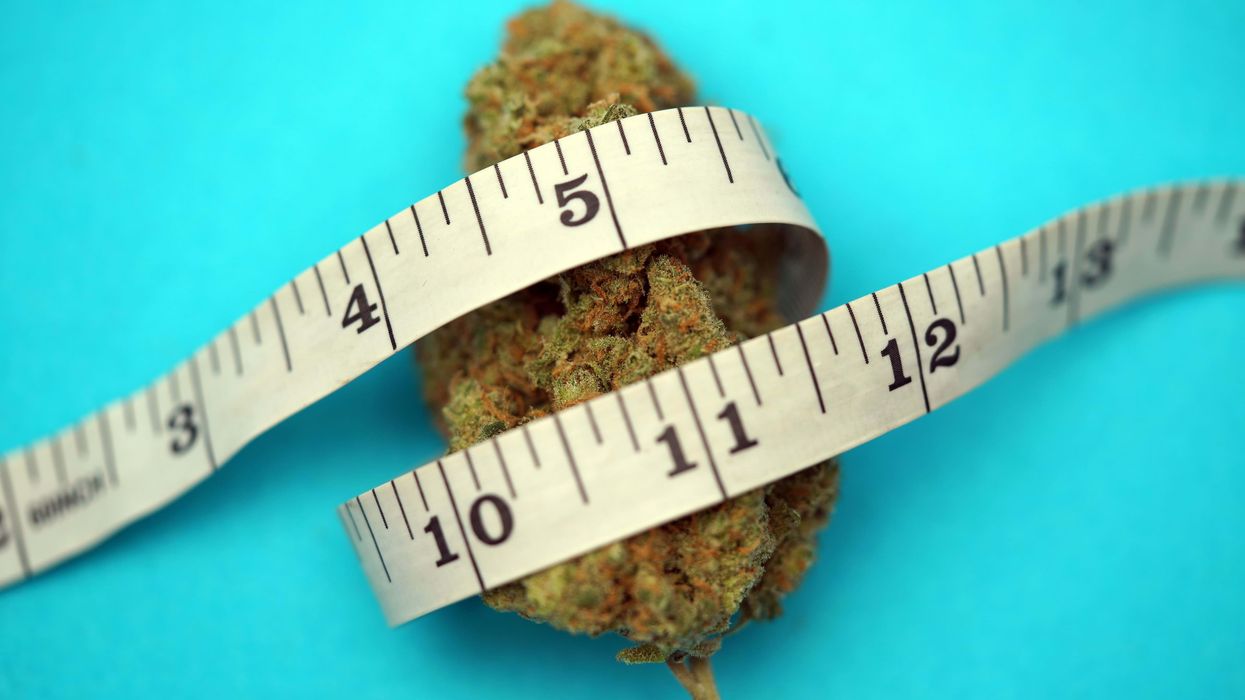












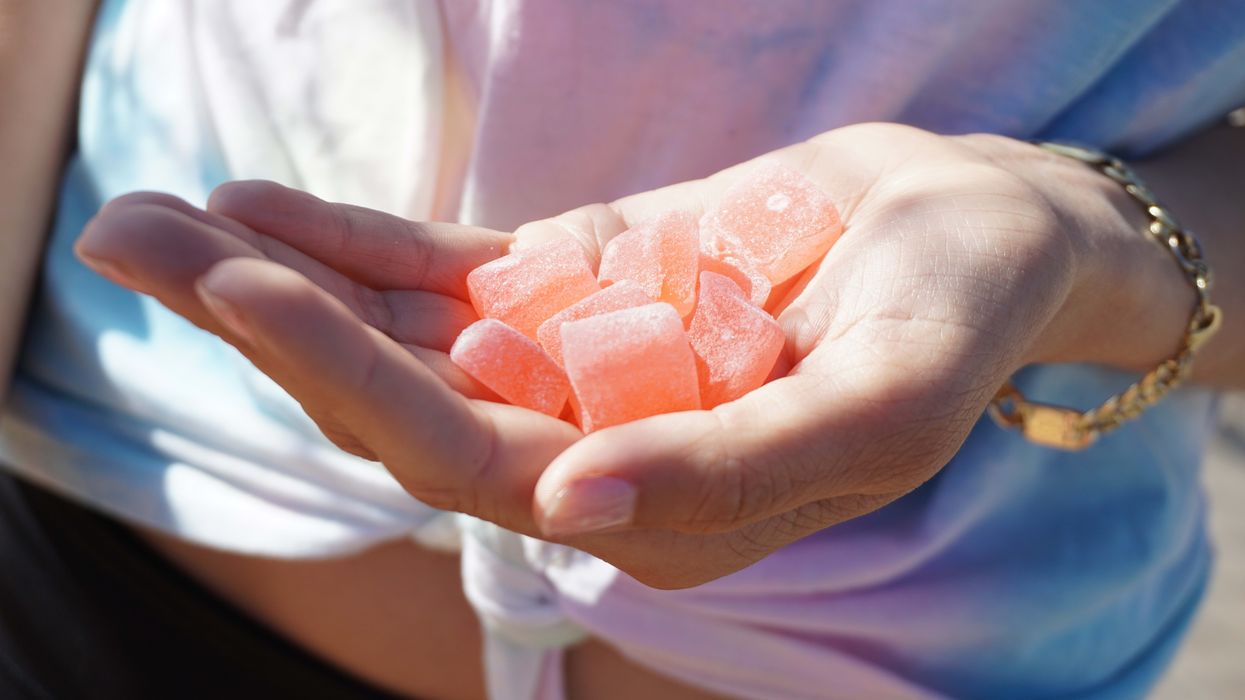
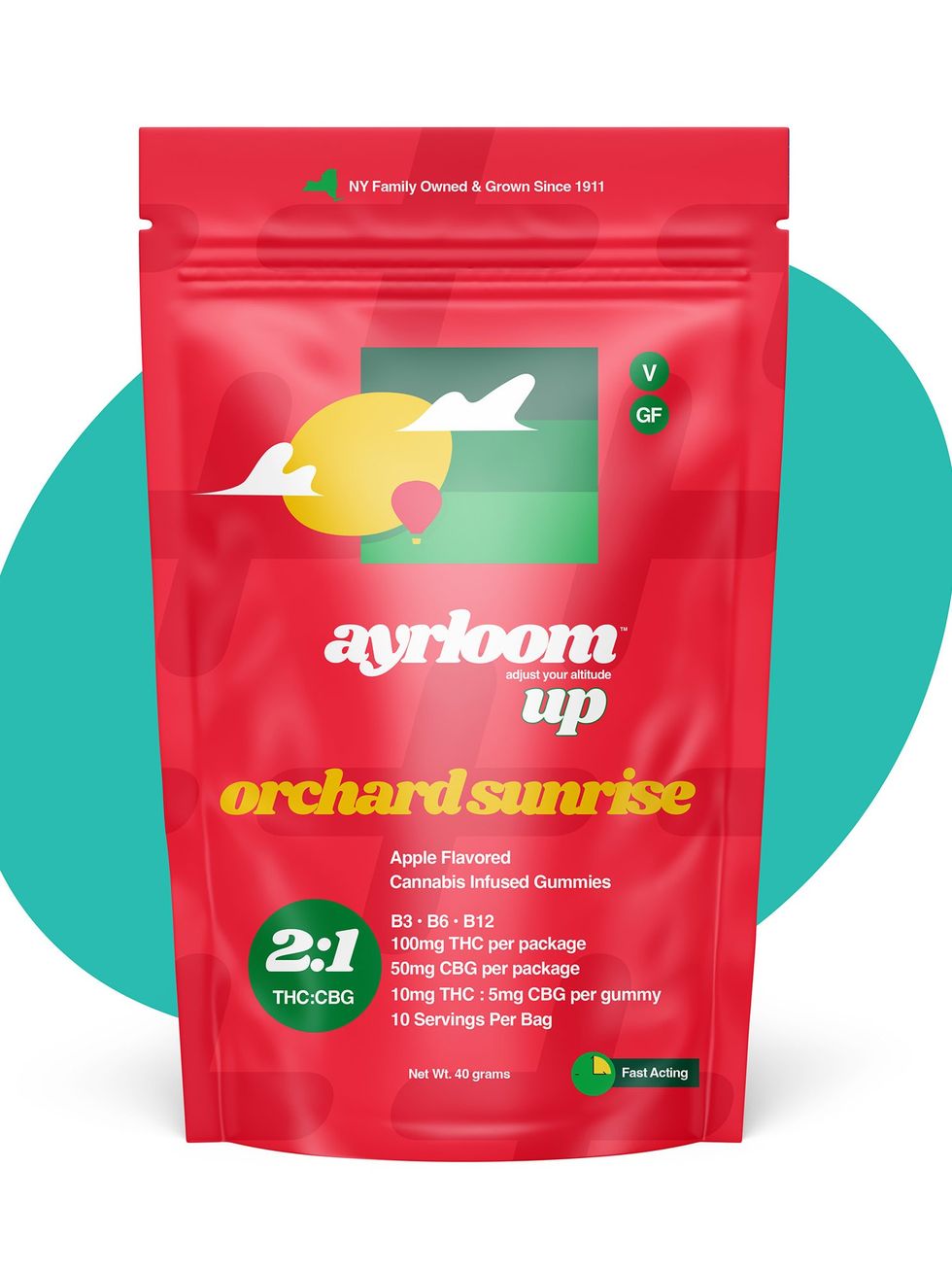 Ayrloom Orchard Sunrise Cannabis Infused Gummies
Ayrloom Orchard Sunrise Cannabis Infused Gummies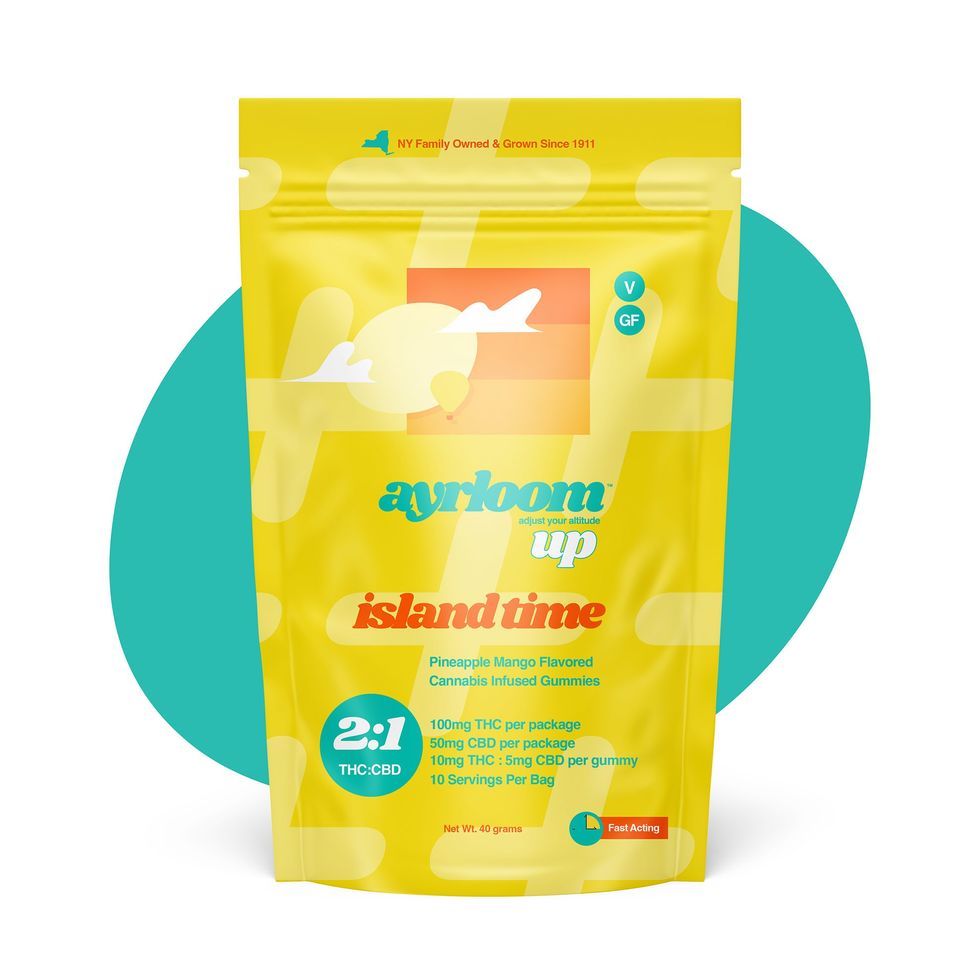 Ayrloom Island Time THC Gummies - Pineapple Mango Flavor
Ayrloom Island Time THC Gummies - Pineapple Mango Flavor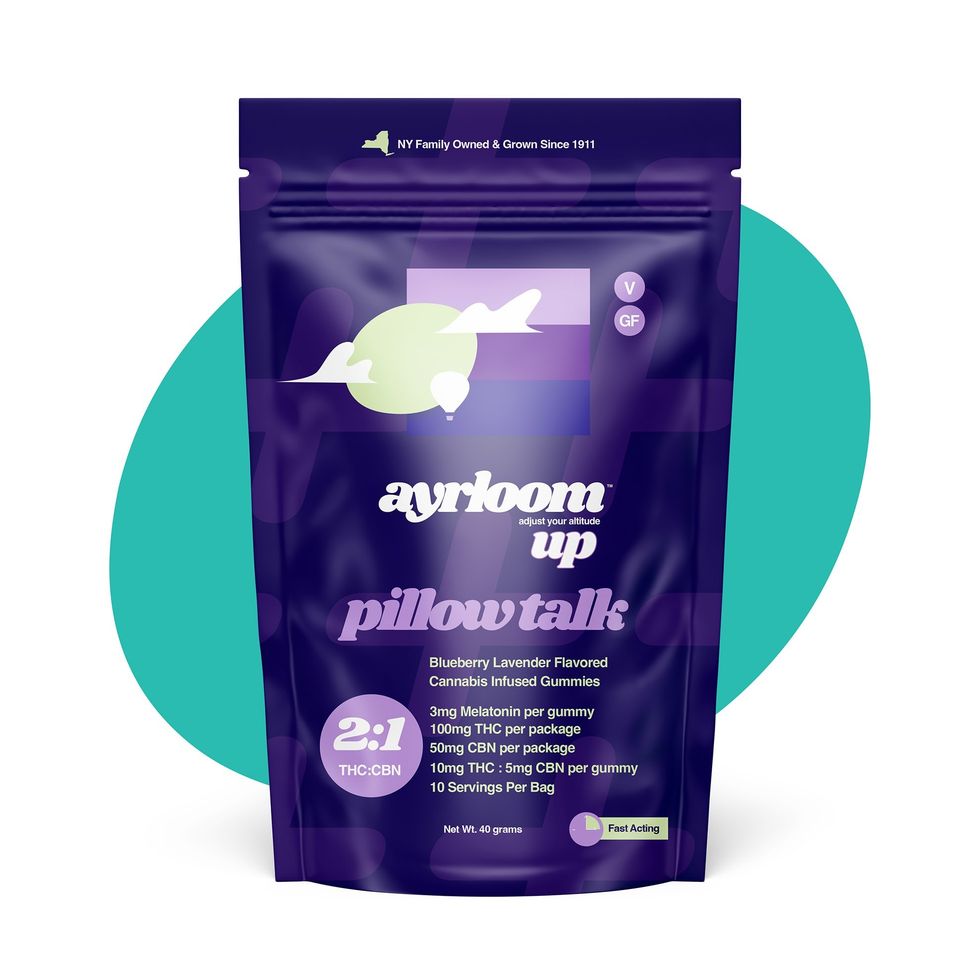 Ayrloom Pillow Talk - Sleep Gummies
Ayrloom Pillow Talk - Sleep Gummies 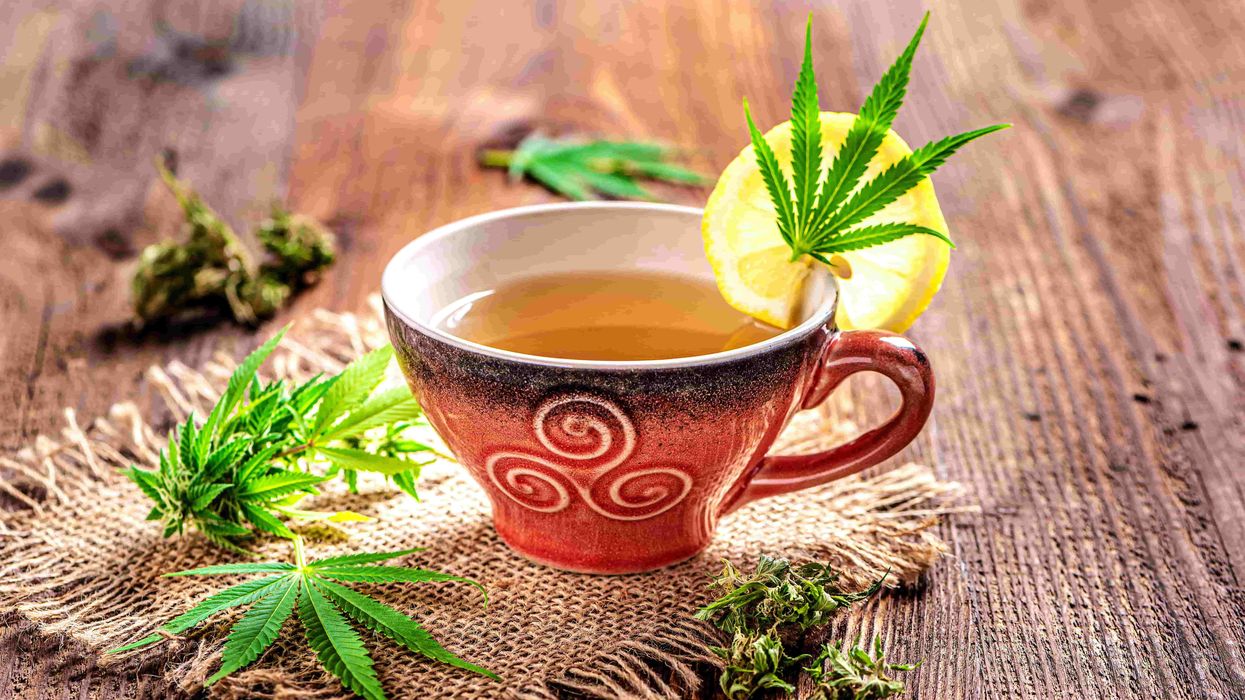
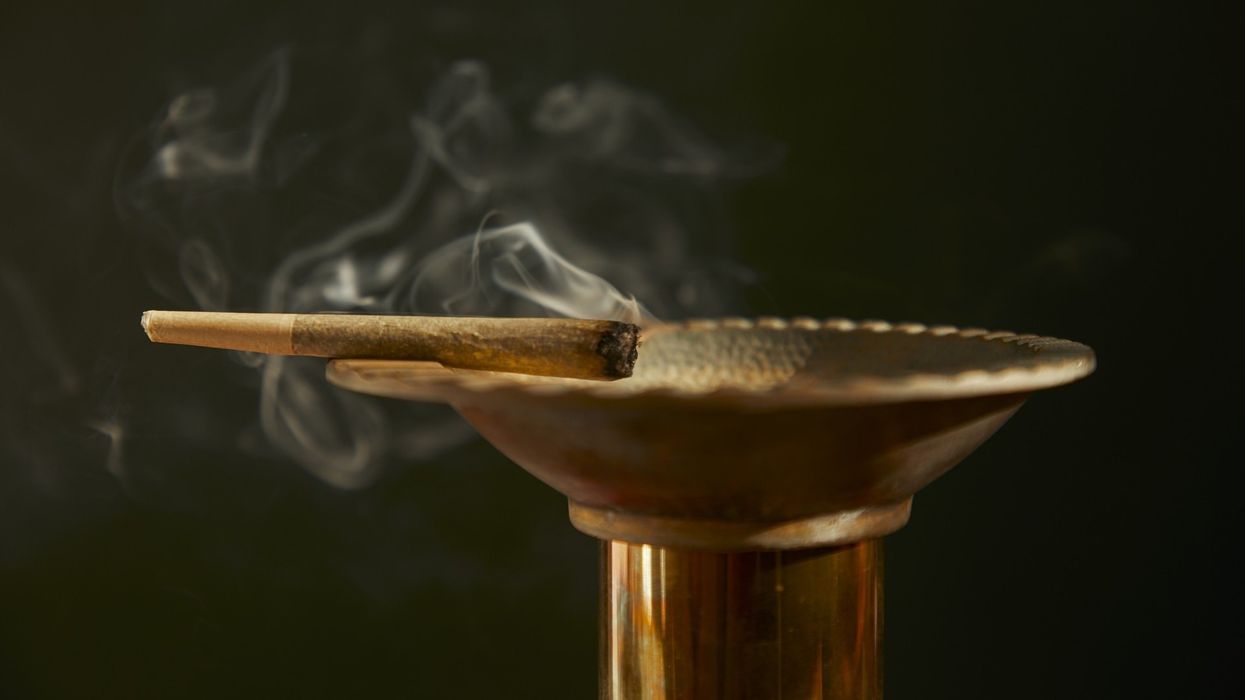
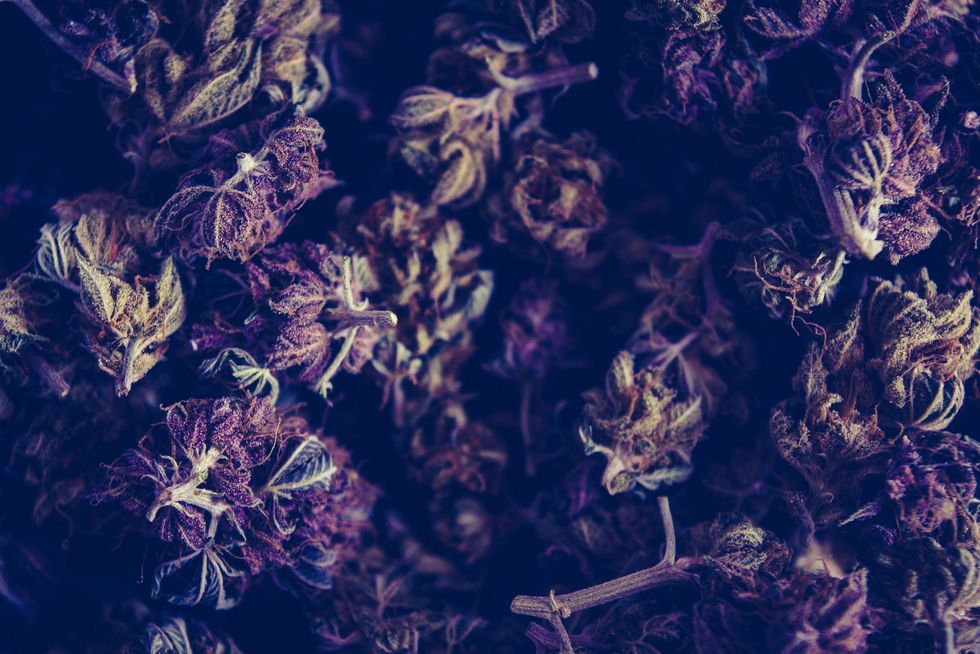 What is reggie weed? - The Bluntness
Photo by
What is reggie weed? - The Bluntness
Photo by 
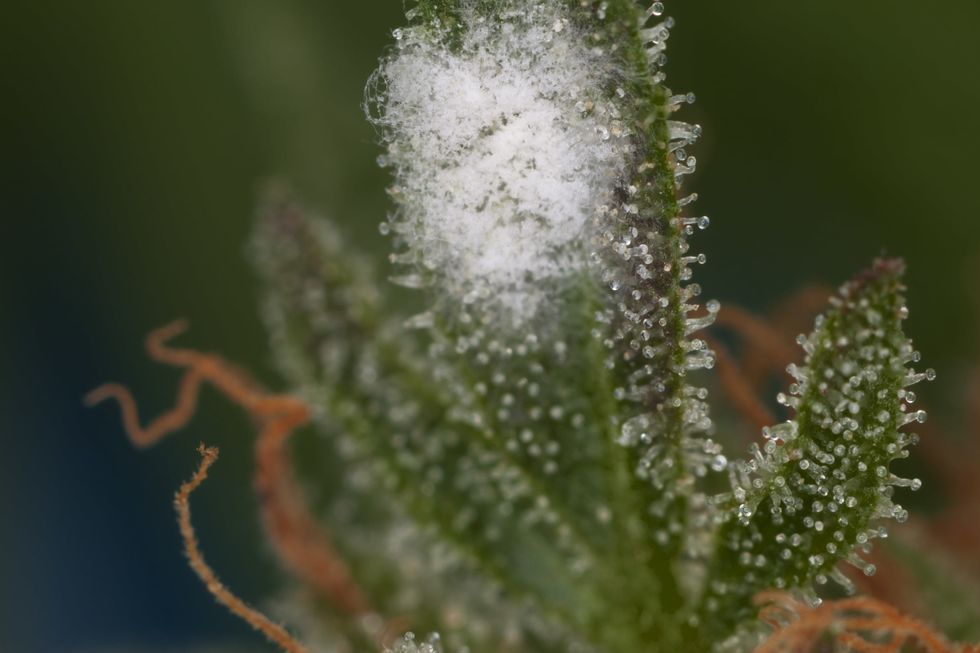 A good picture showing white mold next to cannabis trichomes.
A good picture showing white mold next to cannabis trichomes.